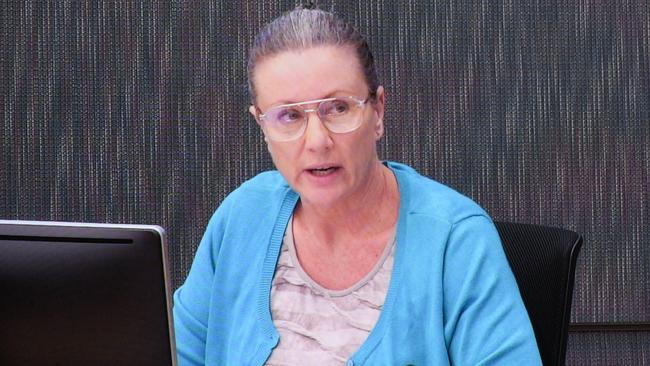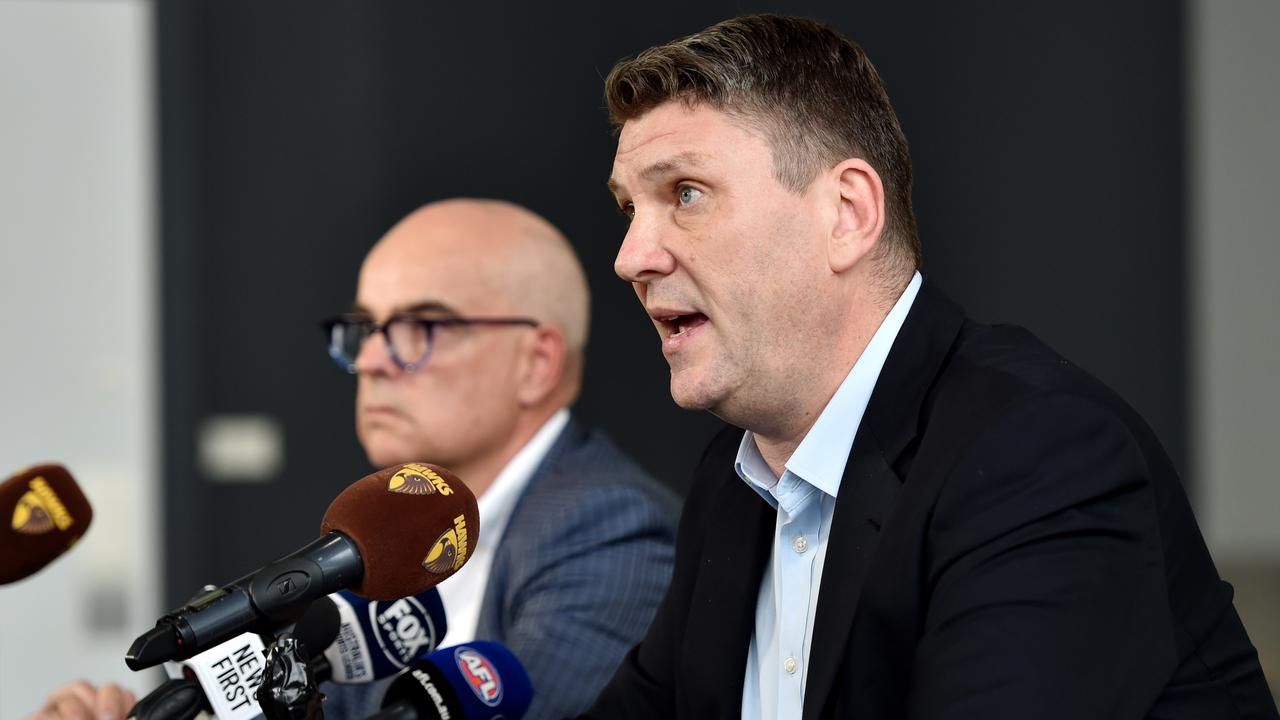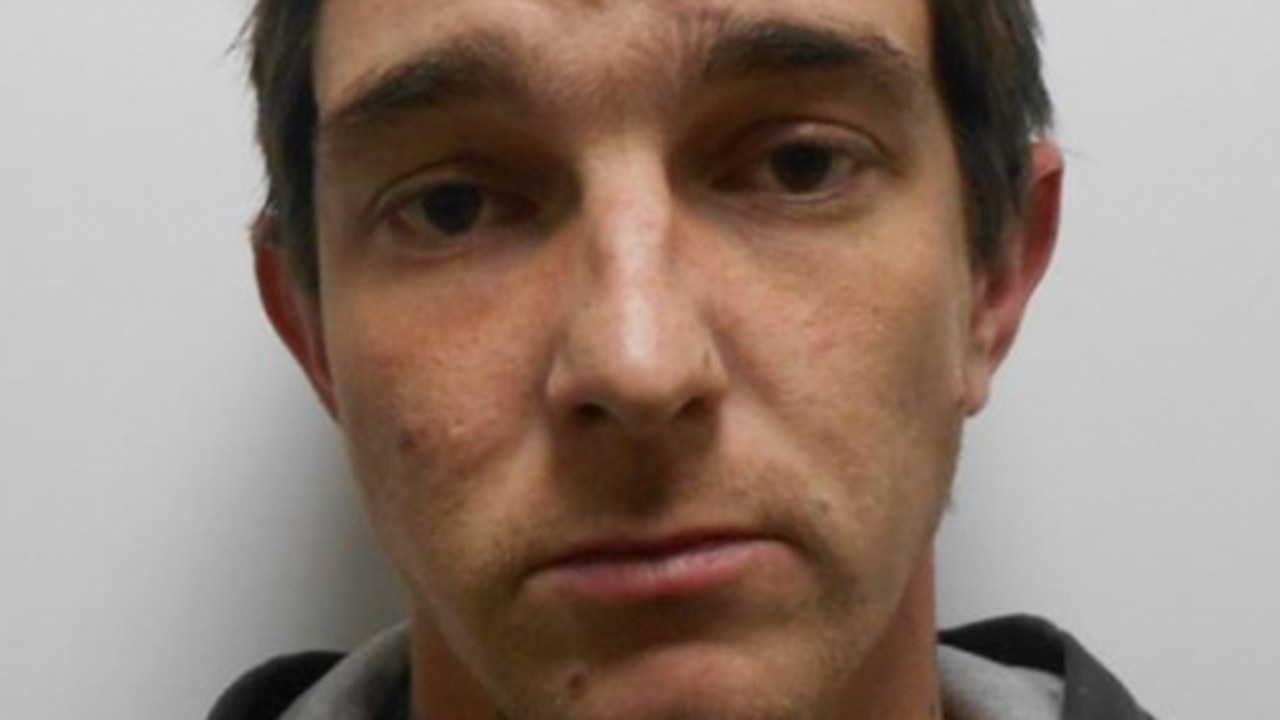New inquiry told convicted baby killer Kathleen Folbigg is struggling to obtain Legal Aid support
A new inquiry into one of Australia’s most notorious child serial killers is set to consider fresh medical evidence.

NewsWire
Don't miss out on the headlines from NewsWire. Followed categories will be added to My News.
The latest inquiry into the deaths of jailed baby killer Kathleen Folbigg’s children has been told a retired NSW Supreme Court Chief Justice will make up his own mind about whether or not new medical evidence means there is reasonable doubt about her guilt.
Folbigg, 55, was handed three murder convictions and one for manslaughter in 2013 after her babies Patrick, Sarah, Laura and Caleb died in suspicious circumstances.

She’s consistently denied wrongdoing and is serving a 30-year prison term with a 25-year non-parole period.
Despite multiple appeals, Folbigg has failed to clear her name and a public inquiry in 2018 reinforced her guilt.
In 2021, the emergence of new expert medical evidence – which appeared to show that Sarah and Laura Folbigg carried a genetic mutation that could cause sudden death and cardiac problems – led to renewed calls for another probe into the case.
Last month, NSW Attorney-General Mark Speakman rejected a bid from Folbigg’s legal representatives and medical experts to have her pardoned in light of the new evidence.

Instead, he agreed to a second inquiry and said the new evidence reached “the necessary threshold for some kind of intervention” in the Folbigg case.
Retired NSW Supreme Court justice Tom Bathurst QC was appointed to oversee the inquiry, which held its first hearing in Sydney on Friday.
“This inquiry is not an appeal against conviction,” Justice Bathurst said as he opened proceedings and called for legal representatives to make submissions about the suggested scope of the inquiry.
“Having particular regard to the genetic variant evidence … on completion I will report to the governor,” he said.
“It is incumbent on me to make up my own mind.”
Counsel assisting the inquiry Sophie Callan SC said “the focus of the inquiry should be upon the research or advances in medical science relevant to … the cause of death of each child”.
She said the new inquiry should hear evidence from Professor Peter Schwartz, a word-leading expert in the genetics of cardiac arrhythmias, and Australian Academy of Science fellow Professor Carola Vinuesa.

Both have previously spoken out in support of Folbigg and suggested the new evidence could clear her.
Dr Robert Kavanagh QC, the barrister who represented Folbigg at the hearing, said it was agreed the inquiry should focus on advances in medical and scientific evidence relevant to the case.
He said he wanted two more legal representatives to help Folbigg through the inquiry but a request sent to obtain support from Legal Aid on May 23 had been ignored.
“No response was given,” Dr Kavanagh told the inquiry.
“A series of attempts were made after that … we’re told there may be no funding available for some weeks, if they approve at all.
“That’s a difficulty, I’m not sure why that is.”

Justice Bathurst said it was “plainly desirable” for Folbigg to have “appropriate legal representation and assistance in this inquiry”.
“It’s in everybody’s interest … the inquiry be dealt with as expeditiously as possible,” he told Dr Kavanagh.
“Feel quite free to pass those remarks on to whoever you’re dealing with as far as Legal Aid is concerned.”
Experts are expected to be called to give oral evidence when the inquiry continues with hearings in November.
Originally published as New inquiry told convicted baby killer Kathleen Folbigg is struggling to obtain Legal Aid support


